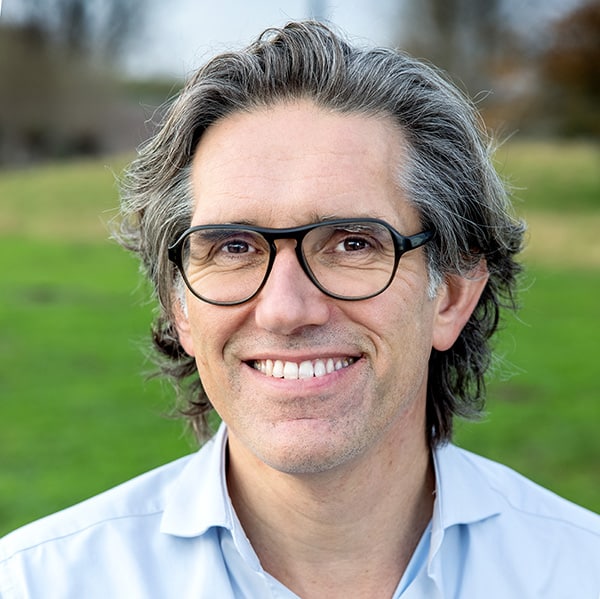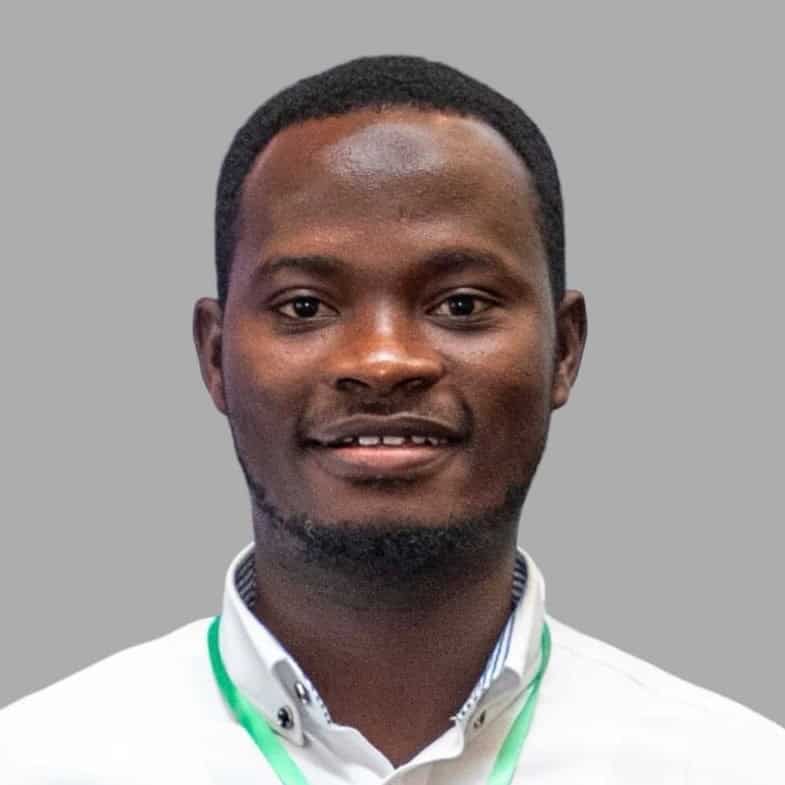With urbanisation accelerating and 9.8 billion people to sustain by 2050, the world must address mounting pressures on waste, energy, climate, and food systems. At Safisana, we turn these challenges into an opportunity—transforming human and organic waste into renewable energy and eco-friendly organic fertilizer, tackling multiple challenges with a single solution.
Our Model
A Scalable and Financially Sustainable Circular Solution that turns Waste into Value


We collect fecal sludge from public toilets and organic waste from local markets and businesses.

Our biodigester transforms these two inputs into renewable natural gas and electricity, to power local communities.

The residual waste is further processed into organic fertilizer, sold to farmers.
What we do
for Communities

Our model offers opportunities to improve the direct living environment of local communities in non-sewered, urban areas. One recycling plant can serve large communities, generating social, economic and environmental impact.
What we do
for Governments & Utilities

Our waste recycling plant is a cost-efficient, all-in-one solution for the sustainable treatment of wastewater, solid organic waste, and fecal sludge. Our holistic model provides end-to-end services, ranging from lease contracts and concessions to operate as a full utility service, to tailored contracts on the basis of DBFOT.
What we do
for Industries

Our circular model offers wastewater and food processing industries a low-cost solution for residual waste and wastewater, that meets Sustainable Development Goals and corporate social responsibility policies.
Our Impact
Transforming Waste, Improving Lives

Over 30,000 people benefit from improved health.

Over 35,000 people benefit from a cleaner environment.

Over 11,000 farmers benefit from higher yields.
Over 2000 people benefit from access to renewable energy
Our Recycling Plant
The First Waste-to-Resource Plant in West Africa

In 2017, we opened our first recycling plant in Ashaiman, Ghana, with the support of the African Development Bank, the Dutch Ministry of Foreign Affairs and private funds.
Today, the plant operates as an economically stable, locally managed company - run by a team of over 30 highly skilled local specialists.
The Ashaiman plant now serves as our blueprint for replication.
Meet the Safisana Team
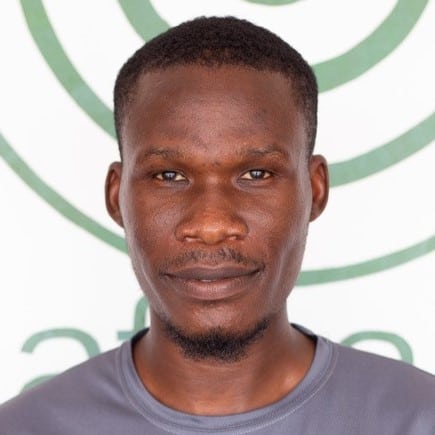
Albert Oduro
Assistant Agronomist
Safisana Ghana ltd.
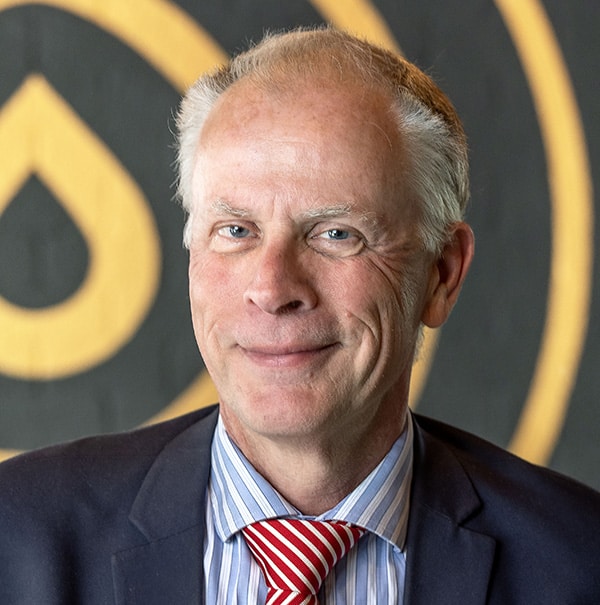
Berend Golterman
Operations & Technology Manager
Safisana Holding ltd.
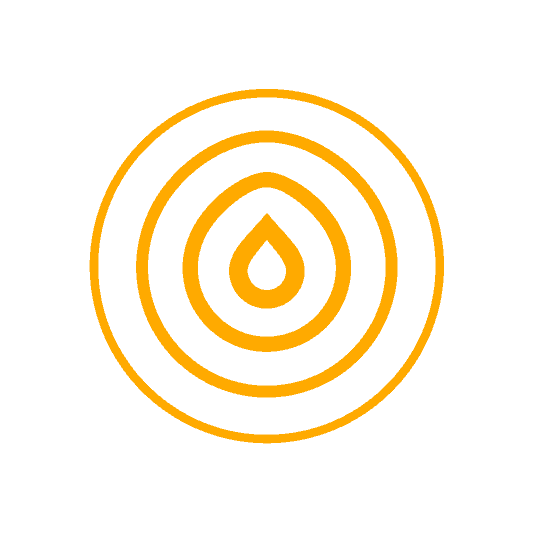
Upcycling Waste For Good
Join our mission
Contact us
Safisana Holding
Amsterdam, The Netherlands
+31 (0) 294 773857
info@safisana.org
Safisana Ghana Ltd.
Accra, Ghana
+233 (0) 302972380
ghana@safisana.org
Privacy Statement





